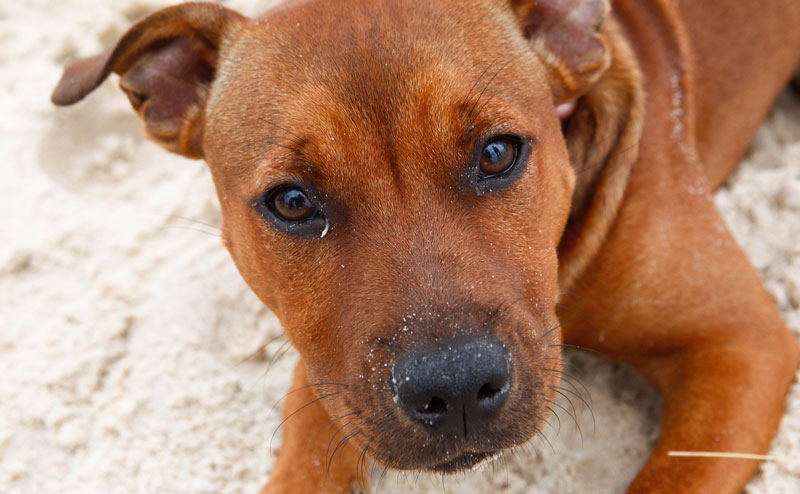Adopting a dog

THE FACTS
A warning. The following statistics may shock you. In the financial year 2014-2015 the RSCPA reported that it received 133,495 animals into care. 46,595 of these were dogs, 14,252 were in NSW and 3,434 of these were euthanised. A huge 2,565 of these were due to behavioural issues. In other words 74% of dogs euthanised in NSW were due to behavioural issues.
This is just the RSPCA. There are 225 pet rescue organisations listed in NSW alone with www.petrescue.com.au Add their statistics to the above figures and it’s easy to see that there is a problem. The pattern has improved slightly from 2010 however has worsened recently. Many animals that have been surrendered can, sympathetically, be a result of difficult economic times and limited rental properties that will allow pets. Too many are directly attributed to the lack of knowledge and responsibility that comes with owning a pet. Try and be realistic.
BE PREPARED
Two factors are well within your control. One is to de-sex your pets. The other is to train them.
Dogs from rescue organisations usually come as an all-in-one package: De-sexed, vaccinated, microchipped. Often they have been fostered for a period so their temperament has been established or a behavioural test has been performed.
If your new pet has not been de-sexed then you should consider the benefits and factor the cost into your preparations. De-sexed dogs are easier to train, cheaper to register with council and healthier in the long run. They usually socialise more effectively and are less inclined to roam.
Some other factors to consider:
* Your vet will recommend de-sexing at around 6 months of age
* De-sexing a female dog costs more than a male dog
* Larger dogs cost more to de-sex than smaller dogs
* If you want your children to “experience the miracle of birth” then foster a pregnant or nursing dog from a rescue organisation (they will be eager to hear from you!) or hire a DVD. This is no reason to opt out of de-sexing your dog!
THINKING OF ADOPTING A PUPPY?
Puppies are often available through rescue centres. Keep in mind that their parentage may be unknown so breed specific genetic disorders may not be apparent until weeks, months or even years later. DNA tests are available through your vet which may assist in determining the expected size of your dog as an adult and may also indicate specific issues which may not be obvious.
THINKING OF ADOPTING AN ADULT DOG?
Many people do not wish to consider adopting an adult dog, seeing it as “taking on someone else’s problems”. Given the statistics above then this is definitely an important factor in your decision whether to purchase a dog from a breeder or to adopt a dog from a rescue organisation. If you are willing to invest the time and effort you will be rewarded with the journey whichever decision you make. If you choose a rescue dog then remember too, that you are probably saving a life! It is absolutely possible to “teach an old dog a new trick”!
PUREBREDS
Purebred dogs are subject to hereditary defects, deformities or infirmities. Do your research and look into pet insurance as this will make you aware of the most common problems as they are generally not covered!
TRAINING IS KEY
Whether you decide to rescue a dog or purchase one it cannot be argued that training will be advantageous. Understanding the breed, defining the rules and understanding how a dog thinks will assist greatly in enhancing your life together. Seeking information from people who already understand this will reinforce the bond and will hopefully lead to a long and loving relationship with your new family member.
Article provided by Vitality Vetcare, Bangalow NSW.




